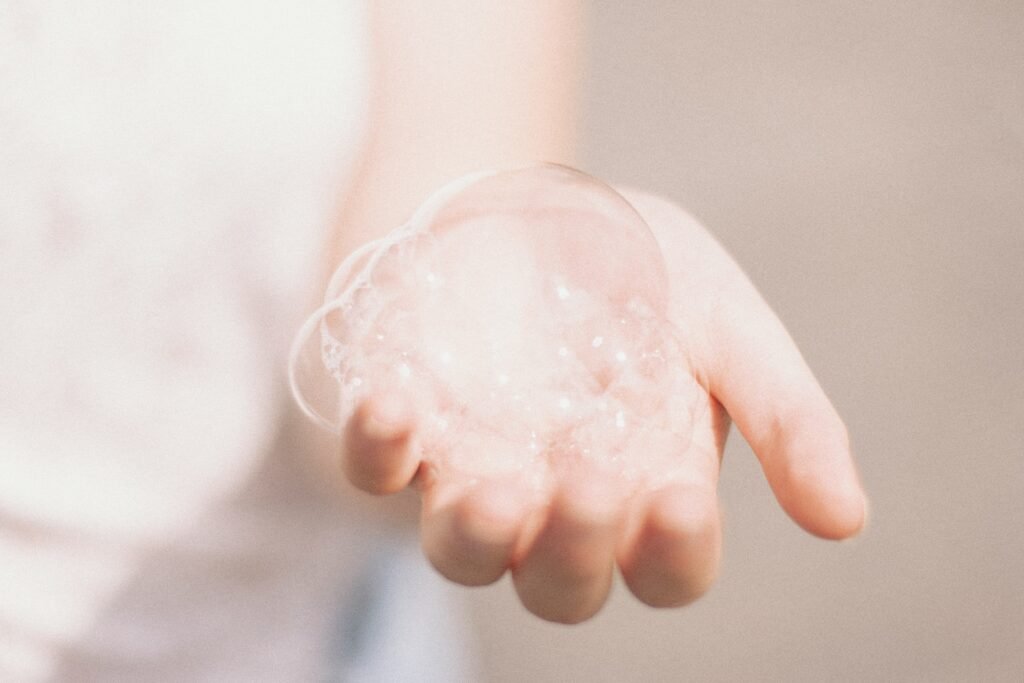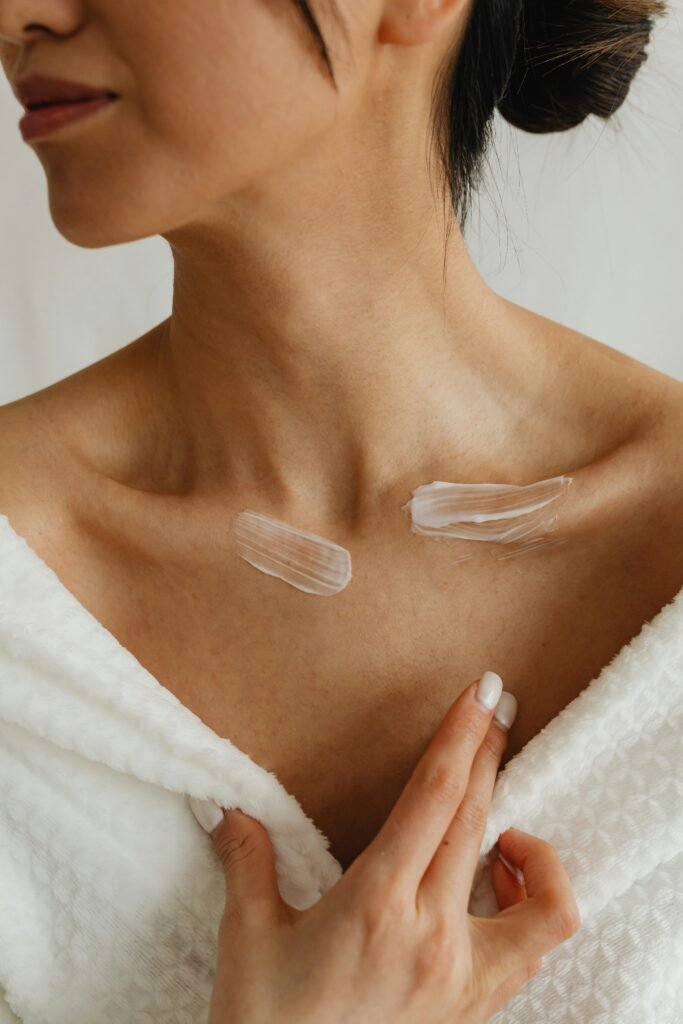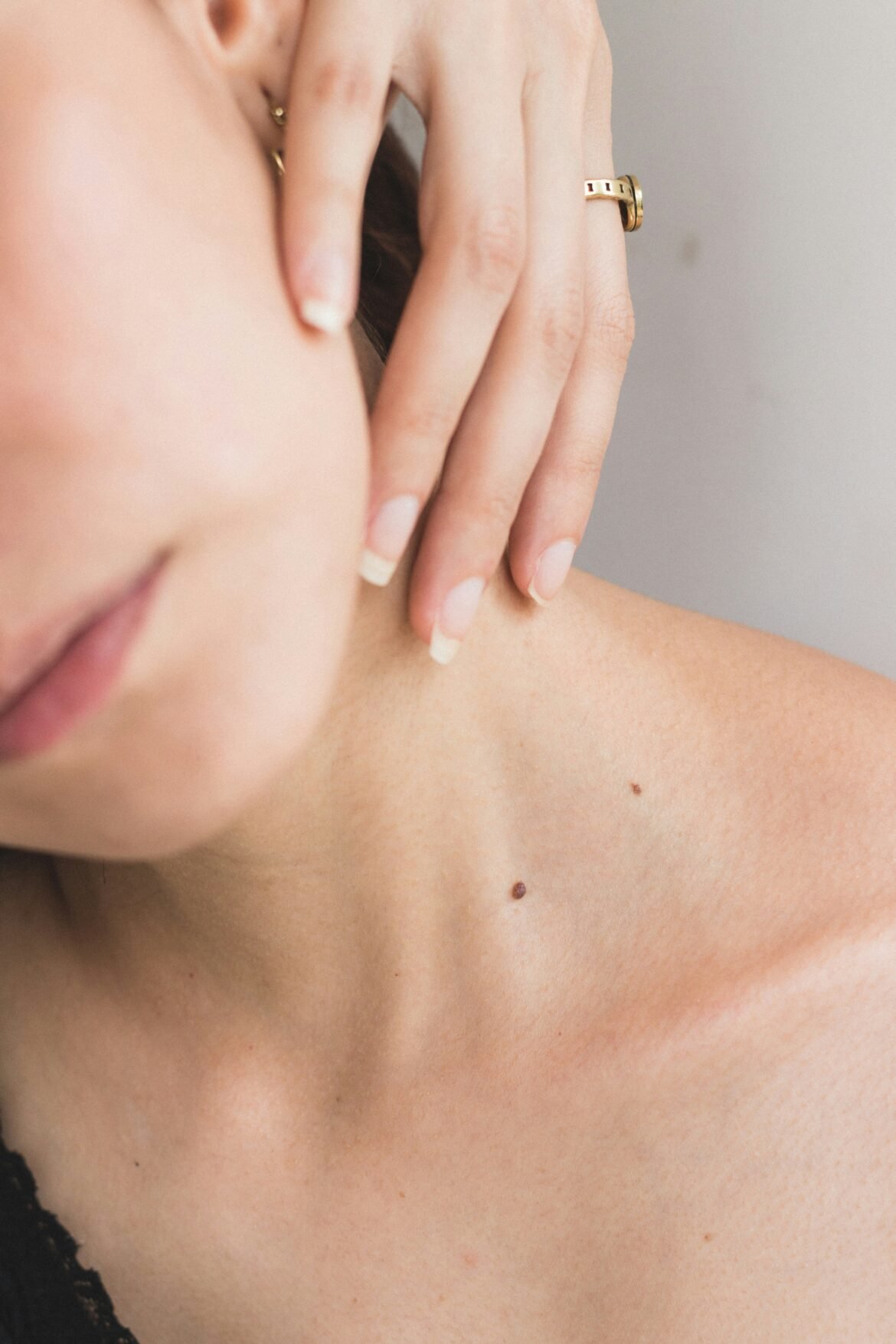Gentle Beauty Tips for Sensitive Skin
The Daily Struggle of Sensitive Skin
If you have sensitive skin, you know the deal. It’s not just “oh, my skin gets a little red sometimes.” It’s the constant scanning of ingredient labels like you’re a detective, the hesitation before trying anything new, and the frustration when your skin reacts even though you’ve been so careful. I’ve been there for years, and let me tell you—sensitive skin isn’t just a beauty concern, it’s something that shapes your whole routine.
When the beauty industry tells us about “miracle” products, those of us with reactive skin can’t just jump in and try them. We’ve learned—often the hard way—that gentleness isn’t a nice option, it’s the only option.
I’ve had my share of dramatic flare-ups: redness that lasted for days, tightness, irritation from one single new serum. But I’ve also learned that sensitive skin, in its own way, is very honest. It “talks” to you right away when something’s wrong. And while that can feel inconvenient, it’s also a gift—it teaches you what your skin truly needs: calm, protection, and respect.
Over the years, I’ve found that less really is more. A simple, thoughtful routine has given me more results than the 12-step ones I once believed I needed. And that’s what I want to share with you: gentle beauty tips that really work for skin that needs extra care.

Building a Safe Routine
Caring for sensitive skin is not just about avoiding flare-ups—it’s about strengthening your skin barrier over time so it becomes less reactive. The magic lies in balance: leaving out potential irritants while adding calming, barrier-supporting ingredients.
Too often, people with sensitive skin give up and just stop trying, sticking to the bare minimum. I’ve been there. But you don’t have to live forever with “barely okay” skin. With the right approach, it’s possible to move from just “avoiding problems” to actually improving your skin’s comfort and glow.
And the best part? Nowadays, we don’t have to choose between “effective” and “gentle.” More and more brands are creating formulas that target things like aging or dryness without irritating. Sensitive skin no longer has to mean “no skincare at all.”
A Family Story
Sensitive skin runs in my family, and I saw it firsthand when my daughter started showing the same reactions I had growing up. That tight redness after trying a fragranced product, the irritation after borrowing a friend’s cleanser—it was like watching history repeat itself.
But instead of just telling her “be careful,” we made it fun. We turned our bathroom into a mini lab, researching ingredients together and testing products with extreme caution. My husband even got involved—he loves announcing when he finds something with “none of the bad stuff you two avoid.”
What could’ve been a constant annoyance has actually become a bonding ritual. Sunday night has turned into our little “gentle spa session,” where we try soothing masks, share notes, and even laugh about our worst skin mishaps. Sensitive skin might be tricky, but it’s also brought us closer as a family.
Why Gentle Works Best
Here’s the secret: sensitive skin needs long-term respect, not quick fixes. If you consistently avoid irritants and focus on barrier health, your skin can actually become less reactive over time.
The mistake most people make? Only soothing irritation once it happens, instead of preventing it. A gentle approach flips that around: fewer ingredients, careful product choices, and routines that support rather than stress the skin.
Sensitive-Skin Essentials
- Fragrance-free cleanser (pH balanced, ideally 4.5–5.5)
- Minimalist moisturizer with ceramides or simple nourishing oils
- Mineral sunscreen (zinc oxide or titanium dioxide)
- Alcohol-free toner (optional but nice if your skin tolerates it)
- Soft cloths or silicone applicators (to avoid friction)
- A little journal or notes app to track what works and what doesn’t
Creating a Gentle Routine
- Start with the basics. Pick three essentials: cleanser, moisturizer, sunscreen. Stick to these for at least a couple of weeks to let your skin settle.
- Introduce products one by one. Wait at least a week before adding something new, so you can clearly see how your skin reacts.
- Keep mornings simple. Gentle cleanse (or just water), moisturizer, sunscreen. Save treatments for the evening.
- Evenings = recovery time. Cleanse softly, add a treatment if your skin tolerates it, and always seal with a calming moisturizer.
Extra Tips
- Use lukewarm water—hot or cold extremes can set off sensitive skin.
- Pat your face dry instead of rubbing it with a towel.
- Apply products with gentle pressing motions, not vigorous rubbing.
Substitutions and Variations
- If aloe vera irritates you (yes, it happens!), try centella asiatica (cica) instead—it’s just as soothing.
- Don’t rely too much on “hypoallergenic” labels—they’re not regulated. Look for formulas made for post-procedure skin, since those are usually the gentlest.
- Prefer cream makeup over liquid—it tends to need fewer preservatives. And when possible, go for mineral-based foundations.
Keep It Minimal
For sensitive skin, each new product is a new risk. Sometimes the healthiest routine is the simplest one. Ask yourself: “Do I really need this serum, or am I using it because everyone else is?”
Often, a great moisturizer can replace two or three extra products. Simplifying doesn’t just calm your skin—it saves time and money too.
Closing Thoughts
Sensitive skin may feel like a constant battle, but it doesn’t have to be. The goal isn’t perfection—it’s comfort, calm, and a routine that works with your skin, not against it.
Remember, your skin isn’t “difficult.” It’s just asking for gentleness. And with patience, consistency, and the right products, it can absolutely thrive.
So take a breath, strip back your routine, and treat your skin like the delicate, deserving thing it is. After all, gentle doesn’t mean less effective—it often means more.

Frequently Asked Questions For Sensitive Skin Care
What causes skin to become sensitive?
Sensitive skin can be genetic, result from a compromised skin barrier, occur due to environmental factors, or develop from overuse of harsh products. Often, it’s a combination of these factors.
How can I tell if I have truly sensitive skin or just a temporary reaction?
True skin sensitivity is persistent and reacts to multiple triggers, while temporary reactions resolve when the irritant is removed. Consult a dermatologist for proper diagnosis if you’re unsure.
Is fragrance always bad for sensitive skin?
While not everyone reacts to all fragrances, fragrance ingredients (including essential oils) are among the most common skin irritants. Fragrance-free products are generally safer for reactive skin.
Can sensitive skin still benefit from active ingredients like retinol?
Yes, but introduction must be extremely gradual. Start with buffering techniques (applying over moisturizer) and very low concentrations (0.01-0.025%) once weekly, increasing frequency slowly.
How important is patch testing for sensitive skin?
Patch testing is essential for sensitive skin. Apply a small amount of product behind your ear or on your inner forearm for 24-48 hours before using on your face.
Can diet affect skin sensitivity?
Yes. Inflammatory foods can exacerbate skin sensitivity from within. Common triggers include alcohol, spicy foods, refined sugars, and for some, dairy or gluten.
Why does my skin sometimes react to products labeled “for sensitive skin”?
“For sensitive skin” isn’t a regulated claim. These products still contain preservatives and ingredients that some reactive individuals may not tolerate. Always check ingredients regardless of marketing claims.
How often should sensitive skin be exfoliated?
Much less frequently than standard recommendations suggest. Start with once every 2-3 weeks using gentle enzymatic or PHA exfoliants rather than physical scrubs or strong acids.
Can sensitive skin become less reactive over time?
Yes. By consistently avoiding irritants and supporting your skin barrier function, many people experience decreased reactivity over months or years.
Is mineral sunscreen really better for sensitive skin?
Generally yes. Mineral filters (zinc oxide and titanium dioxide) sit on the skin’s surface rather than being absorbed, reducing the risk of irritation compared to chemical filters.
Should I avoid makeup if I have sensitive skin?
No, but choose formulations with minimal ingredients and avoid known irritants. Mineral makeup bases are often better tolerated.
How does weather affect sensitive skin?
Significantly. Extreme temperatures, wind, humidity changes, and seasonal transitions can all trigger reactions. Adjust your routine seasonally and provide extra protection during environmental changes.

